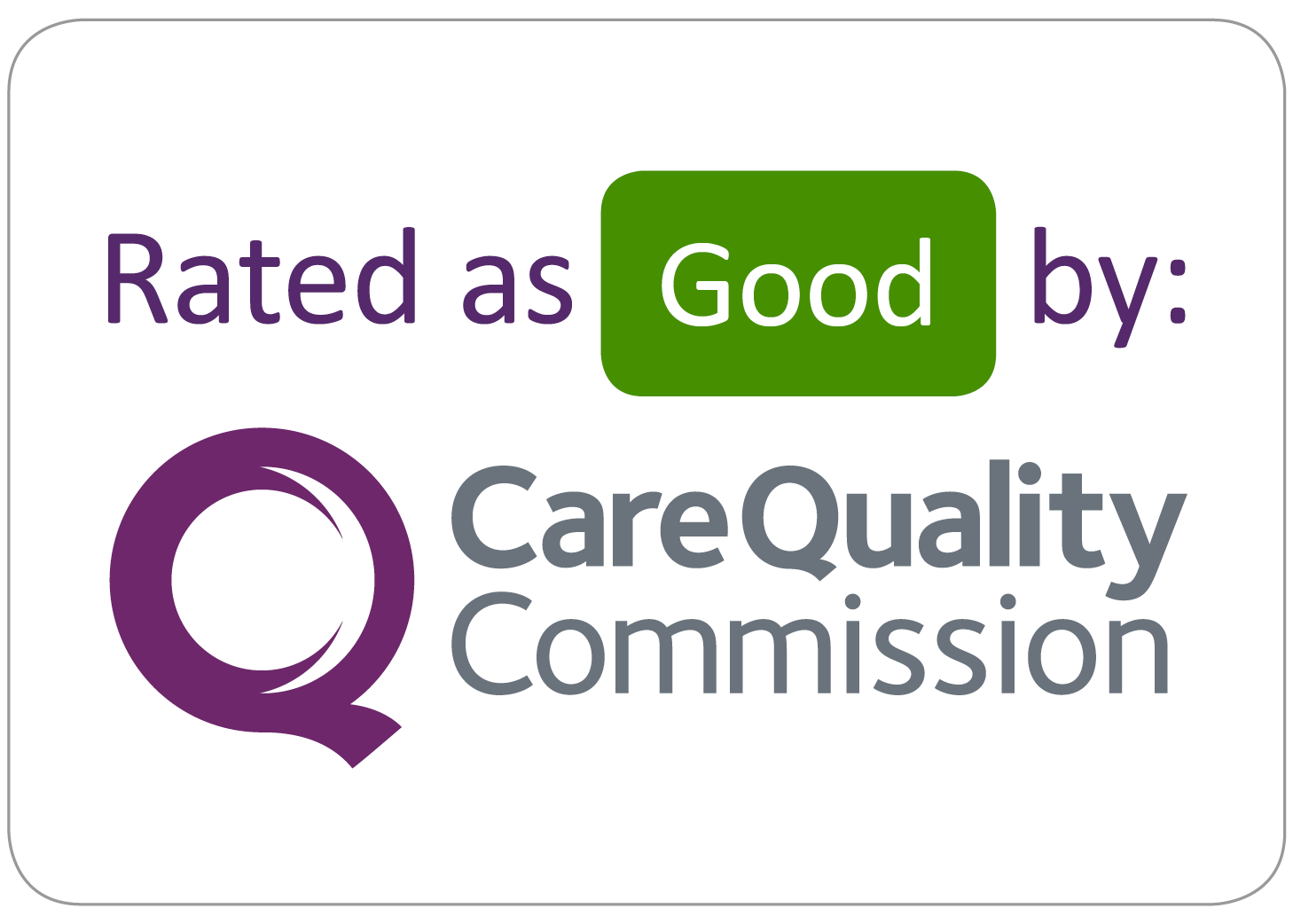How do I become a donor?
It is very easy. Click on the link below and very importantly tell your family and relatives about your wishes and that you have signed up to the register. Remember, every year thousands of lives are saved/transformed through the gift of a transplant but there remains a critical shortage of donor organs and on average three people a day die whilst waiting for that call. If you are willing to receive a transplant then would you be wiling do donate your organs after your death? Please take some time to think about it and if you would want others to live after your death sign up to the NHS Organ donor register today.
To join the register www.organdonation.nhs.uk or call 0300 123
Facts
- 94 per cent of people say they would accept an organ if their life was at risk
- 87 per cent say they would donate after death
- Only 28 per cent of the population are on the organ donation register
- 40 per cent of families refuse donation
- More than 10,000 people are awaiting transplantation at any one time
- Three of these people sadly die each day
Questions and Answers
Most people are aware that hundreds of lives are saved each year by donated organs such as hearts and kidneys. They may not realise that donated tissues such as skin, bone and heart valves can dramatically improve the quality of life for others and even save them.
Many kinds of tissues can be donated after death:
- Eyes can help restore sight to people with cornea problems (the clear part of the eye. This may be a result of damage caused by eye disease or injury or defects from birth and the white part of the eye (the sclera) can be used in operations to rebuild the eye.
- Heart Valves can be transplanted to save the lives of children born with heart defects and adults with damaged heart valves.
- Skin can be used as a natural dressing, helping treat people with serious burns. This can save lives by stopping infections, can help reduce scarring and reduces pain.
- Bone is important for people receiving artificial joint replacements or replacing bone that has been removed due to illness or injury. It helps reduce pain and improve mobility.
- Tendons, the elastic like cords that attach bones and muscles to each other can be donated to help rebuild damaged joints which helps people move more easily.
Can we choose which tissues to donate?
Yes. Only those tissues for which you have given permission for will be donated.
Is there an age limit to tissue donation?
There are NO age restrictions for:
- bone
- skin
- eyes
However heart valves and tendons can only be donated up to the age of 60.
Can anyone become a tissue donor?
Almost anyone can be considered as a tissue donor, however there are some rare exemptions. To ensure that all donated tissues are safe, the donor’s medical and life-style history is assessed similar to blood donors to protect the person receiving the tissue from infection.
How long after death can tissue be donated?
The best time is within 24 hours after someone has died. However, sometimes it is possible to donate up to 48 hours after death.
Can you tell if a patient has been a tissue donor?
Throughout the donation the donor is treated with respect and dignity. After donation, our medical team will ensure that the donor maintains a natural appearance. Of course, you may see your loved one after they have donated and before they are laid to rest.
Will tissue donation interfere with funeral arrangements?
Donation will NOT delay any funeral arrangements. After donation will we receive any information?
Yes, with permission a specialist nurse will write a thank-you letter and provide information about the donation and contact details.

















